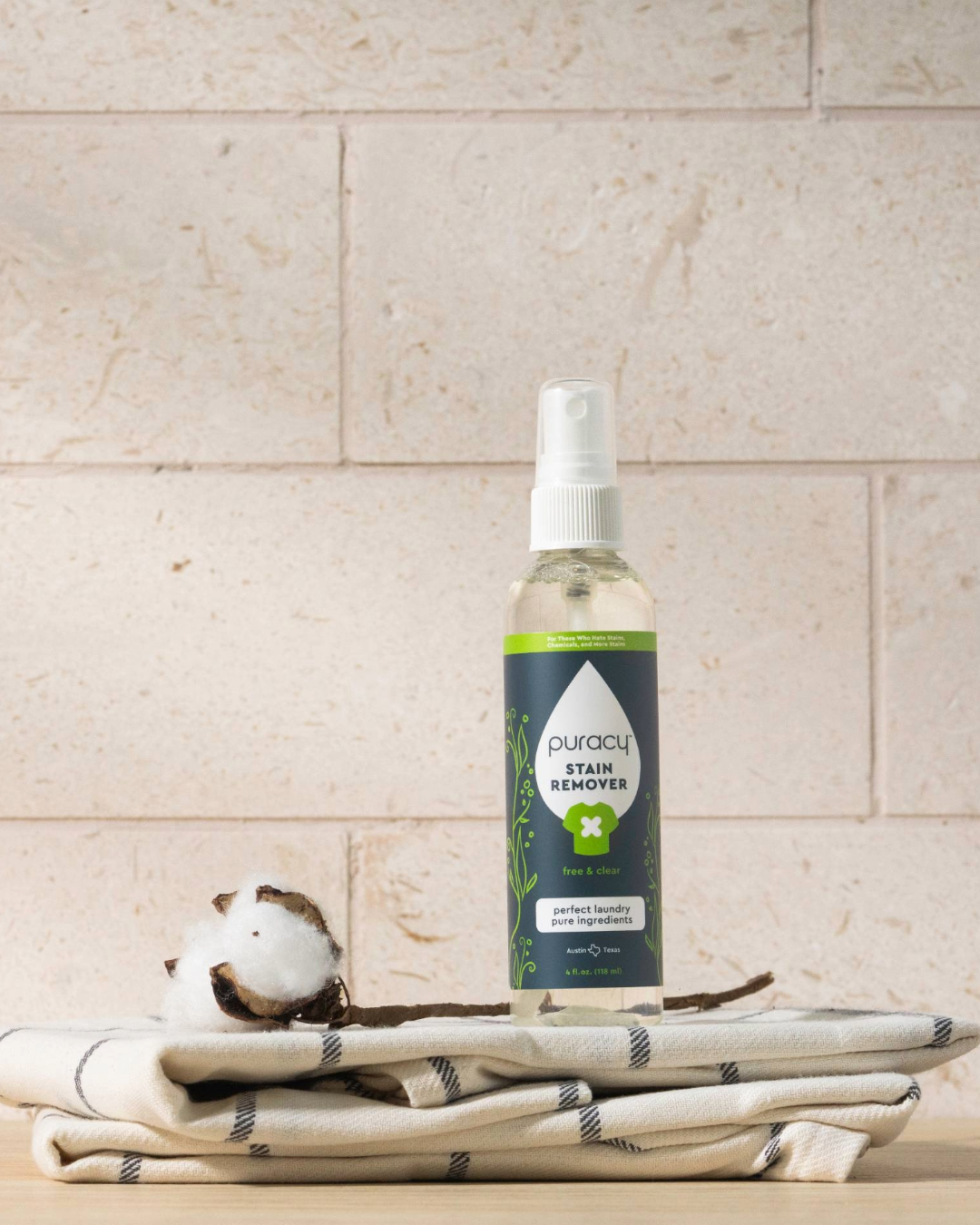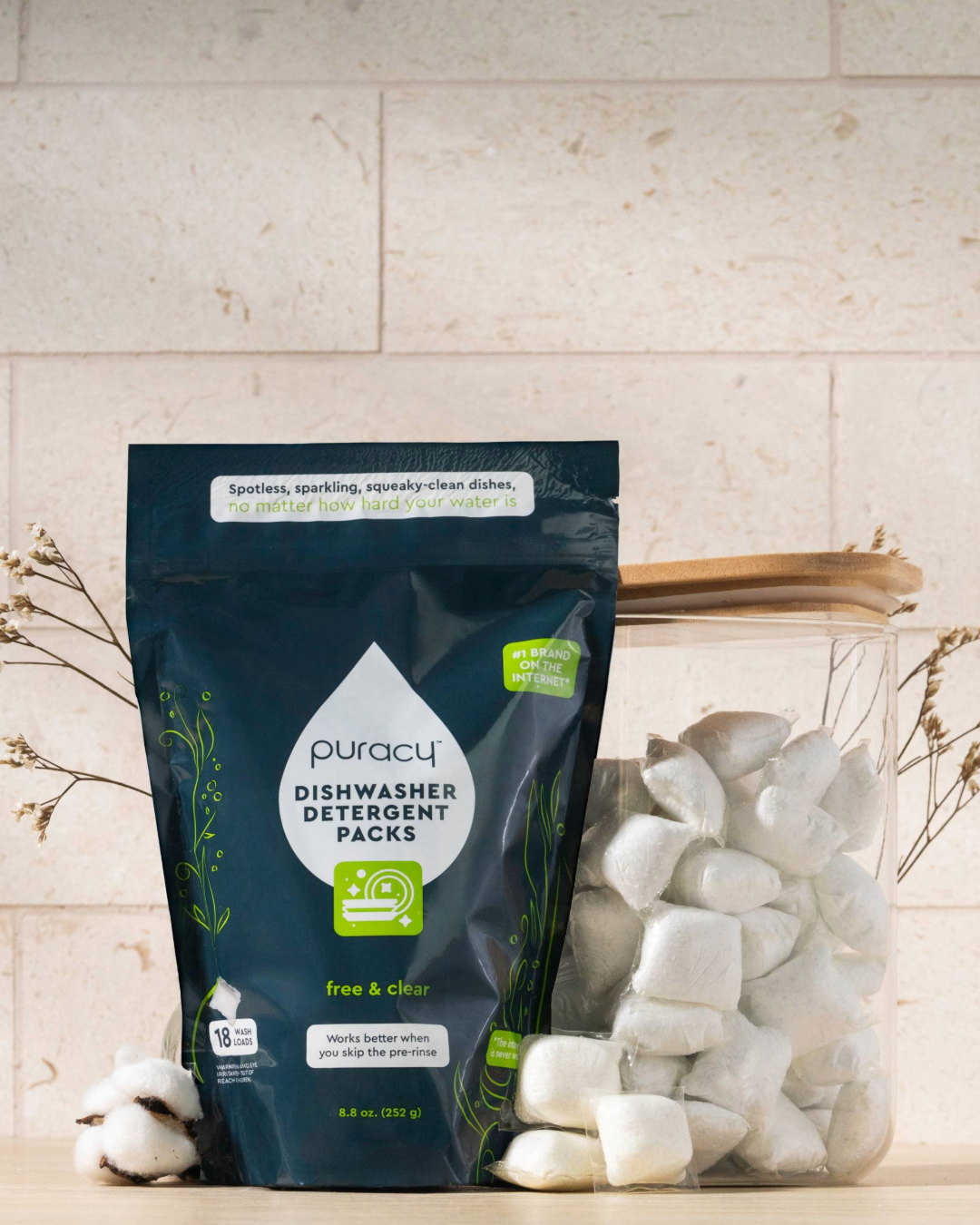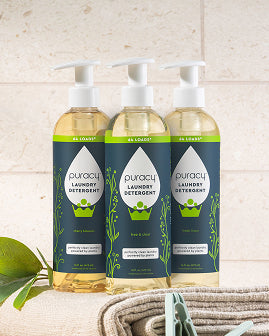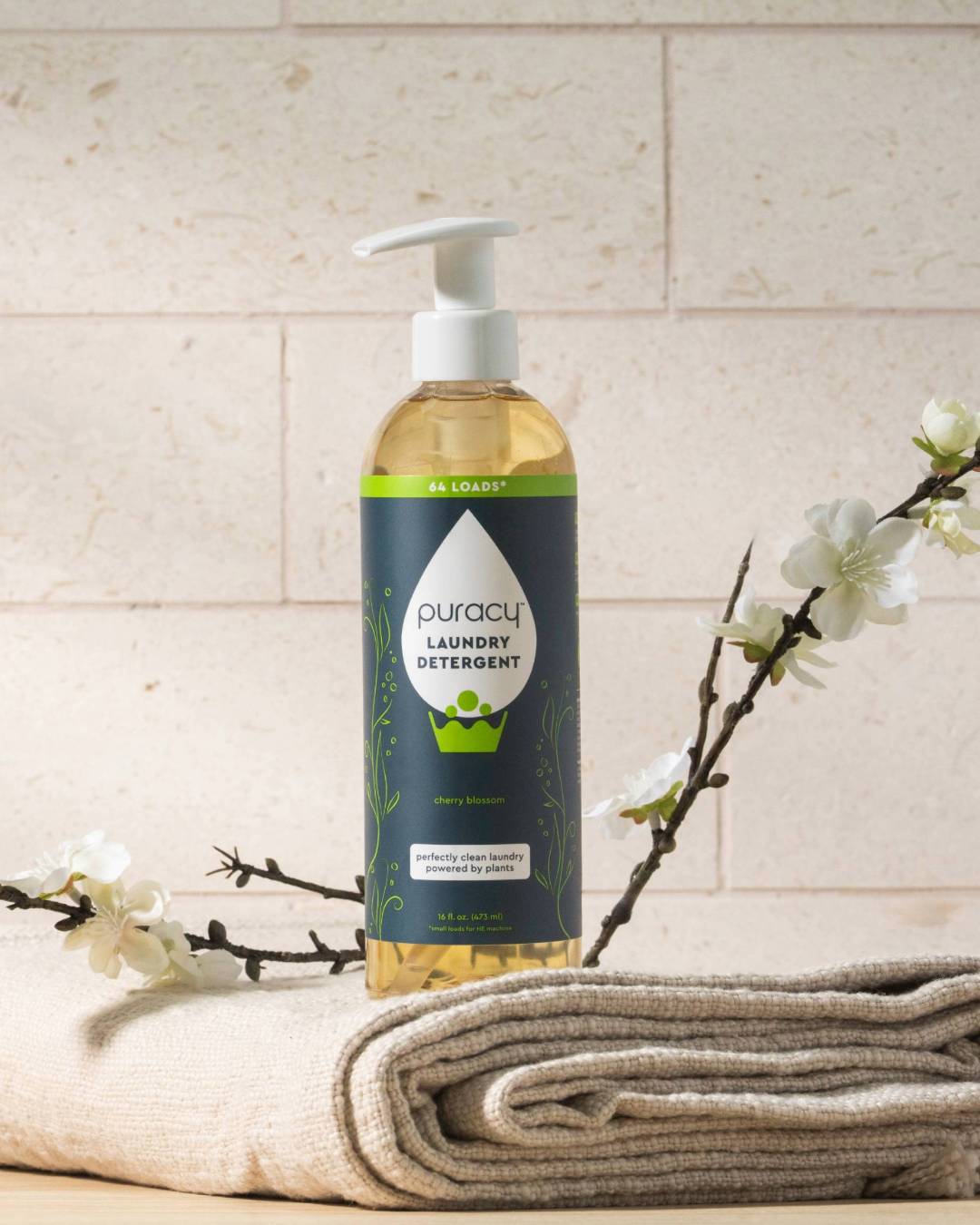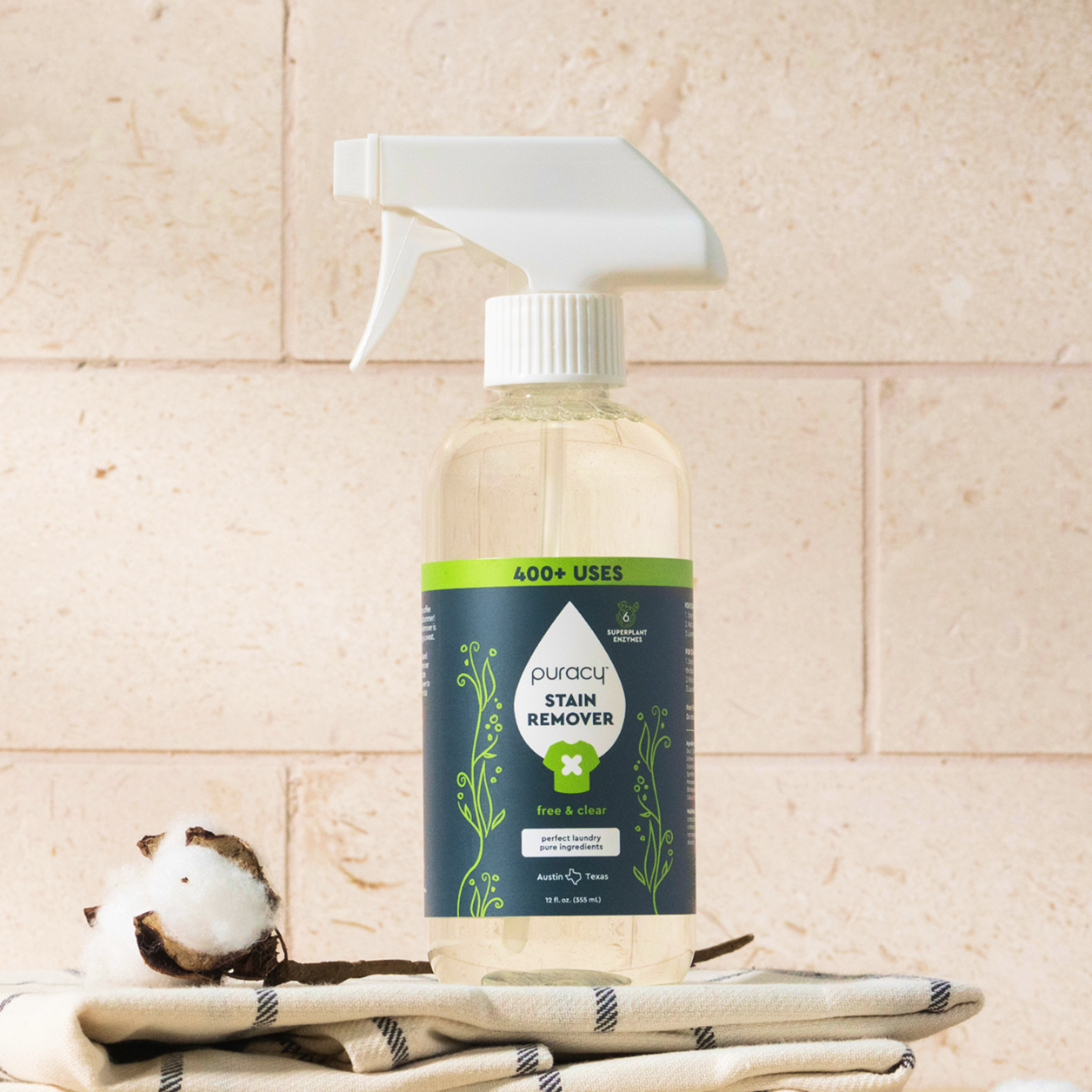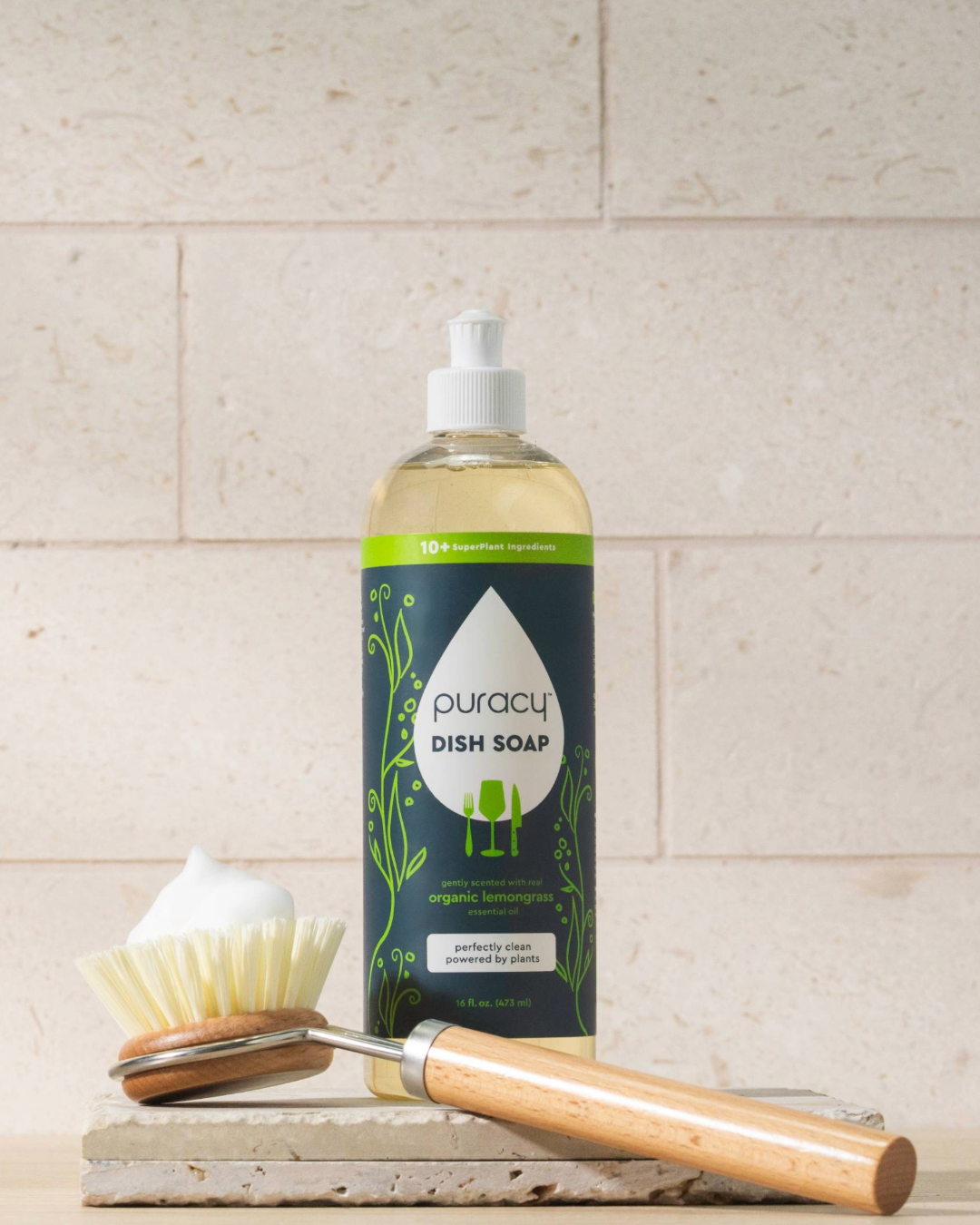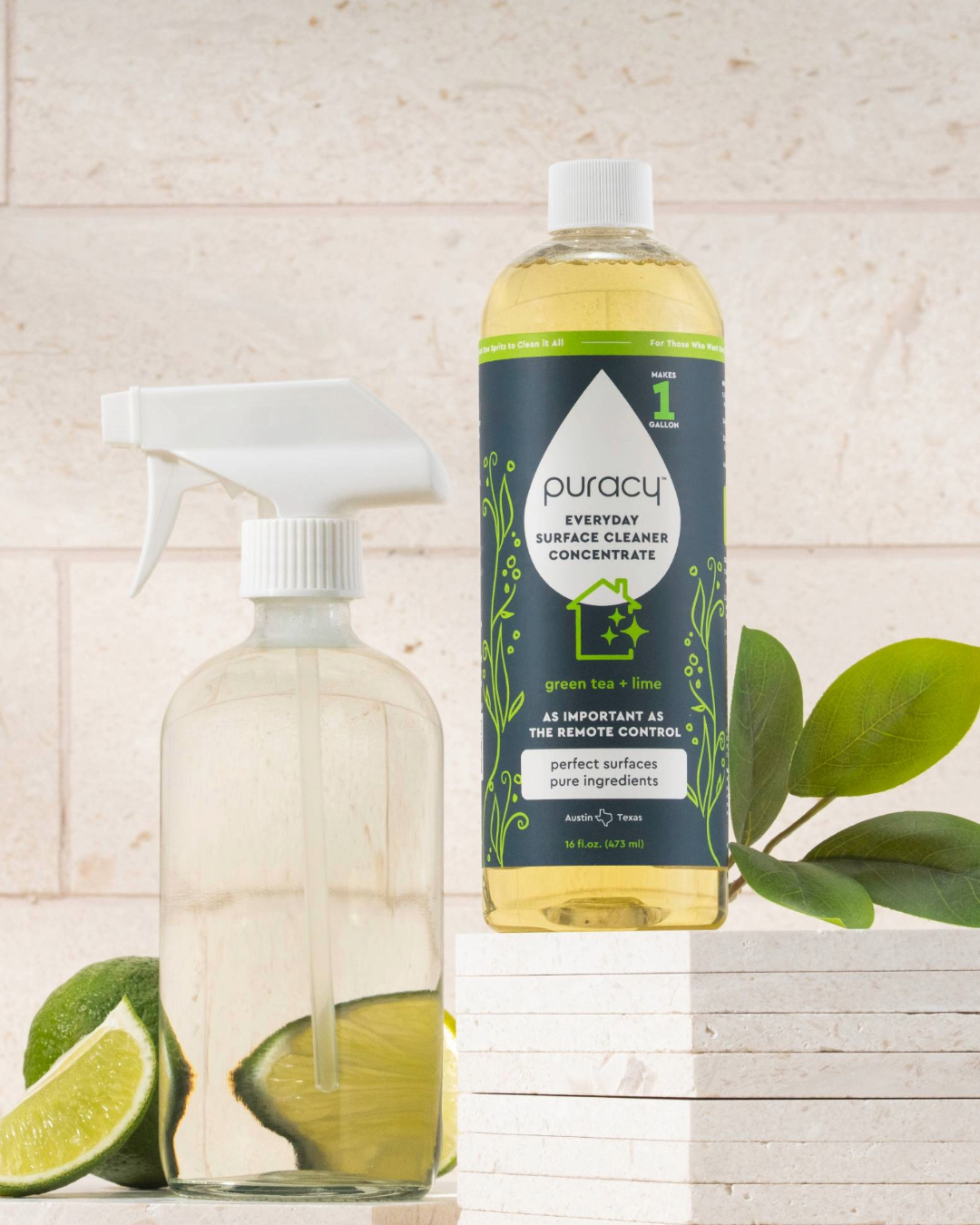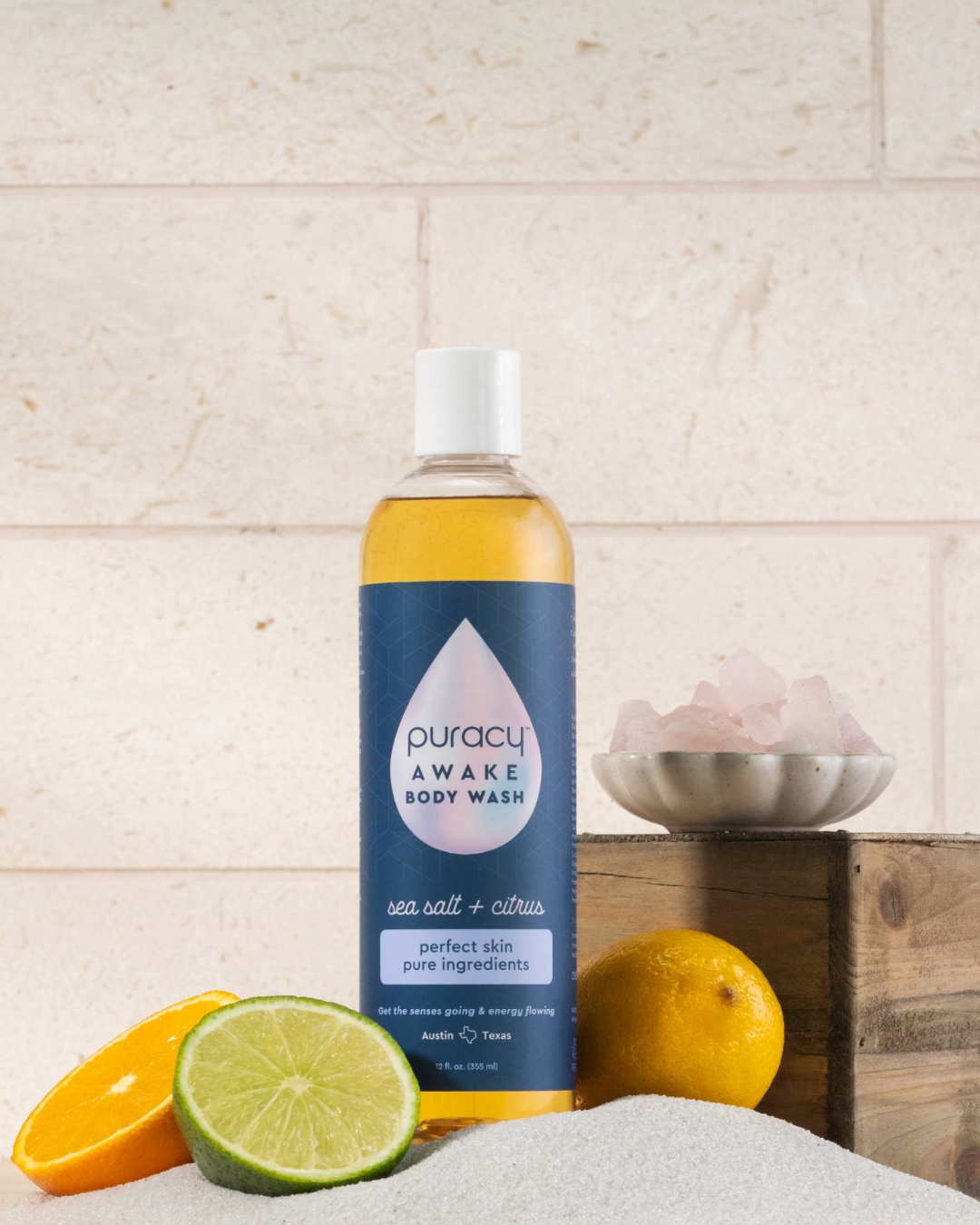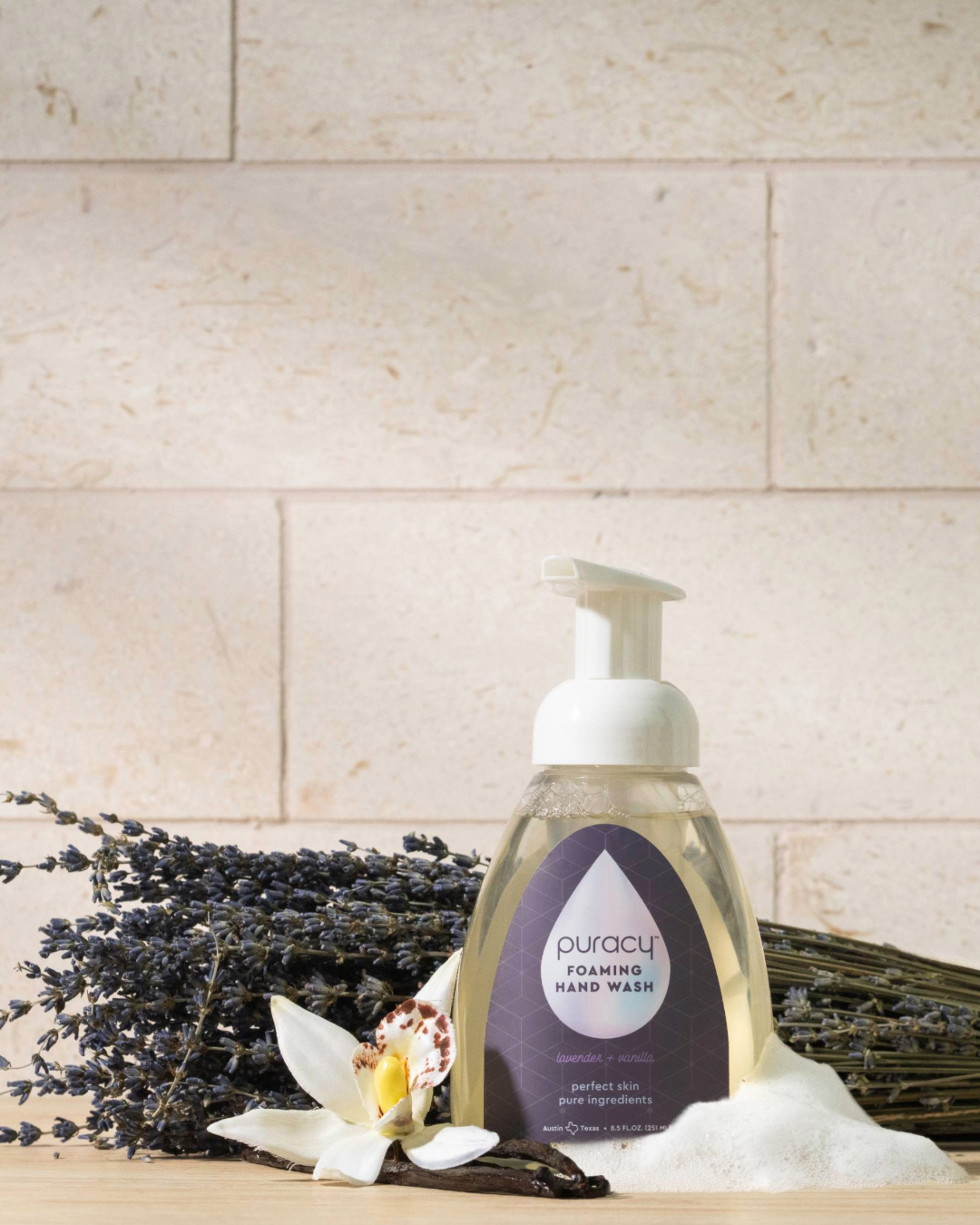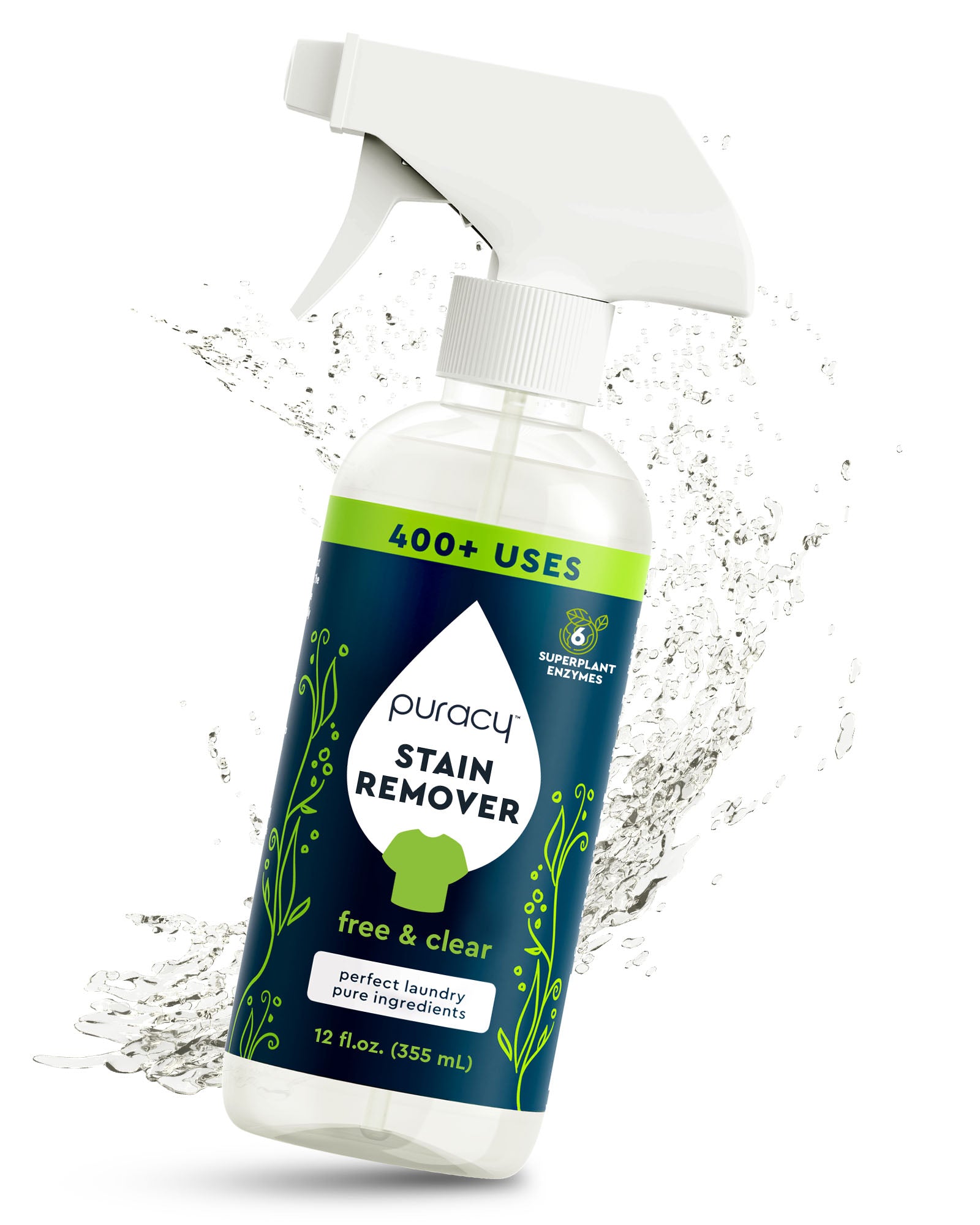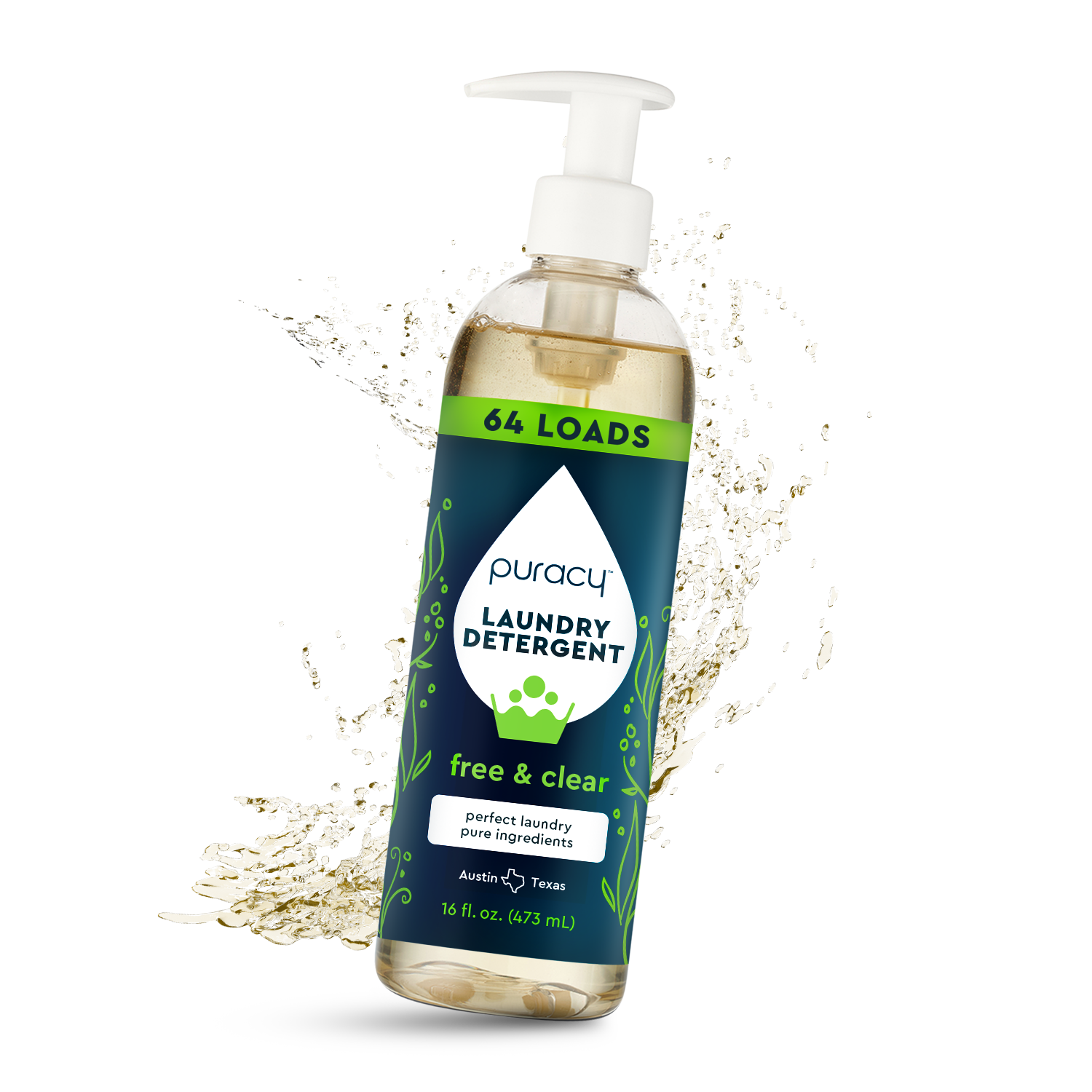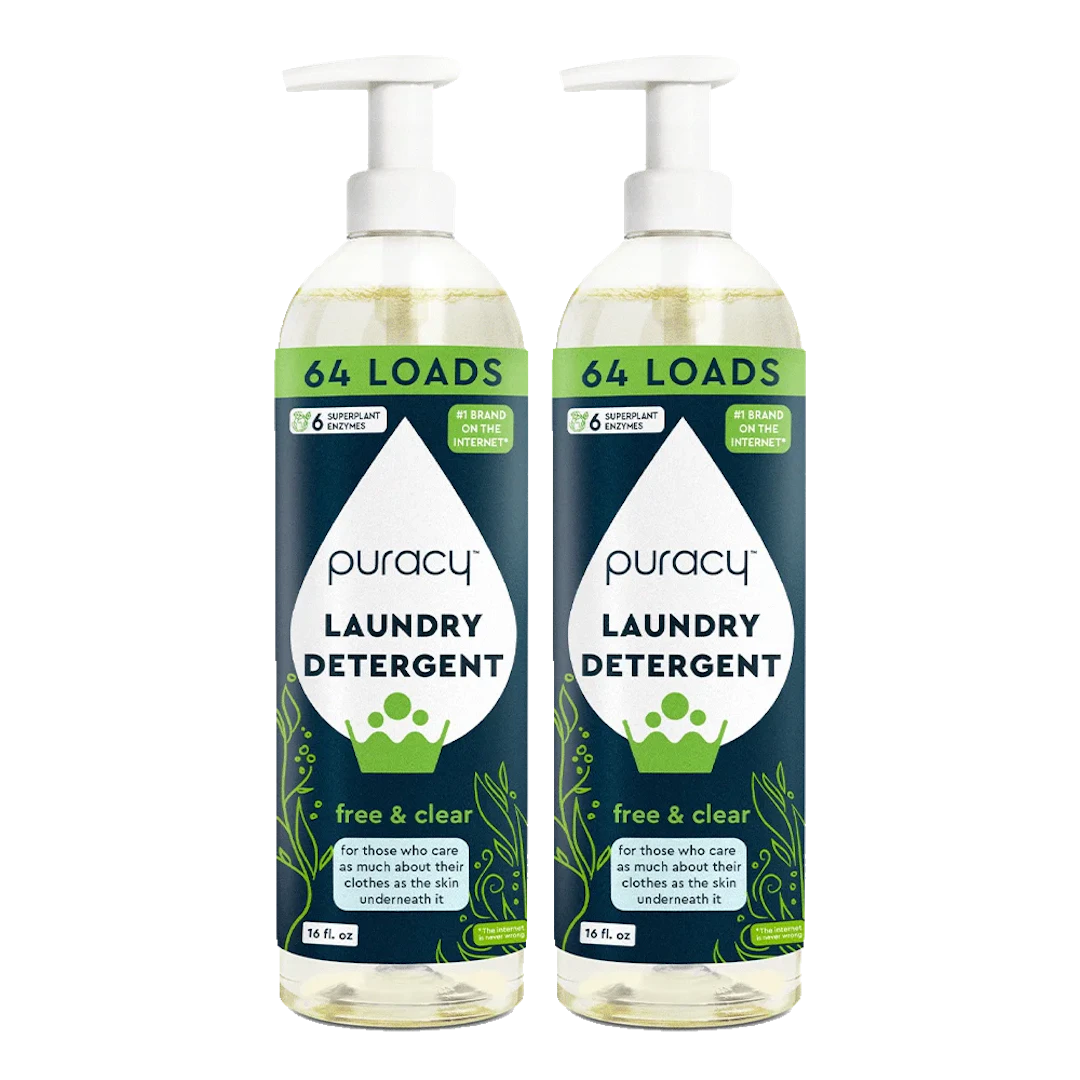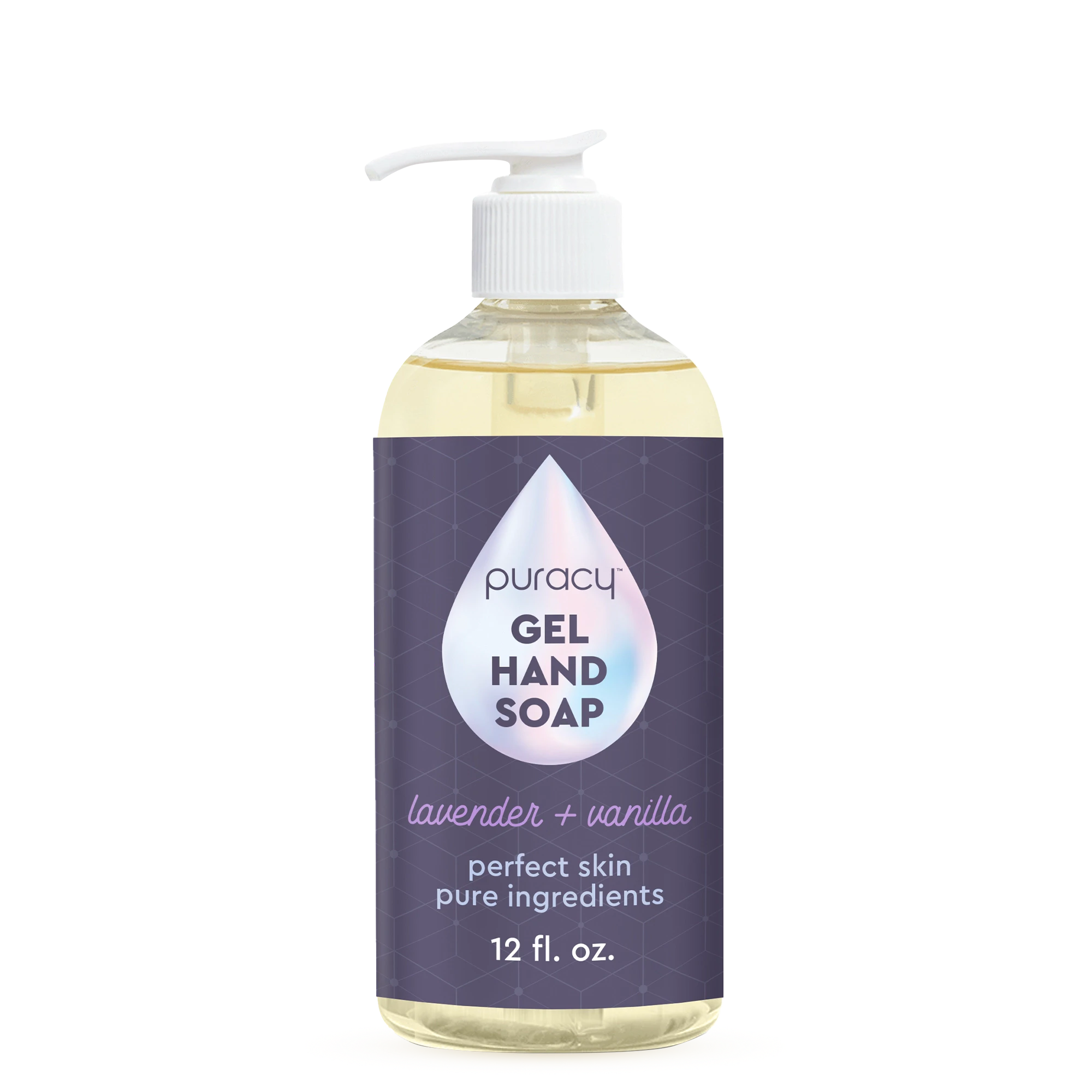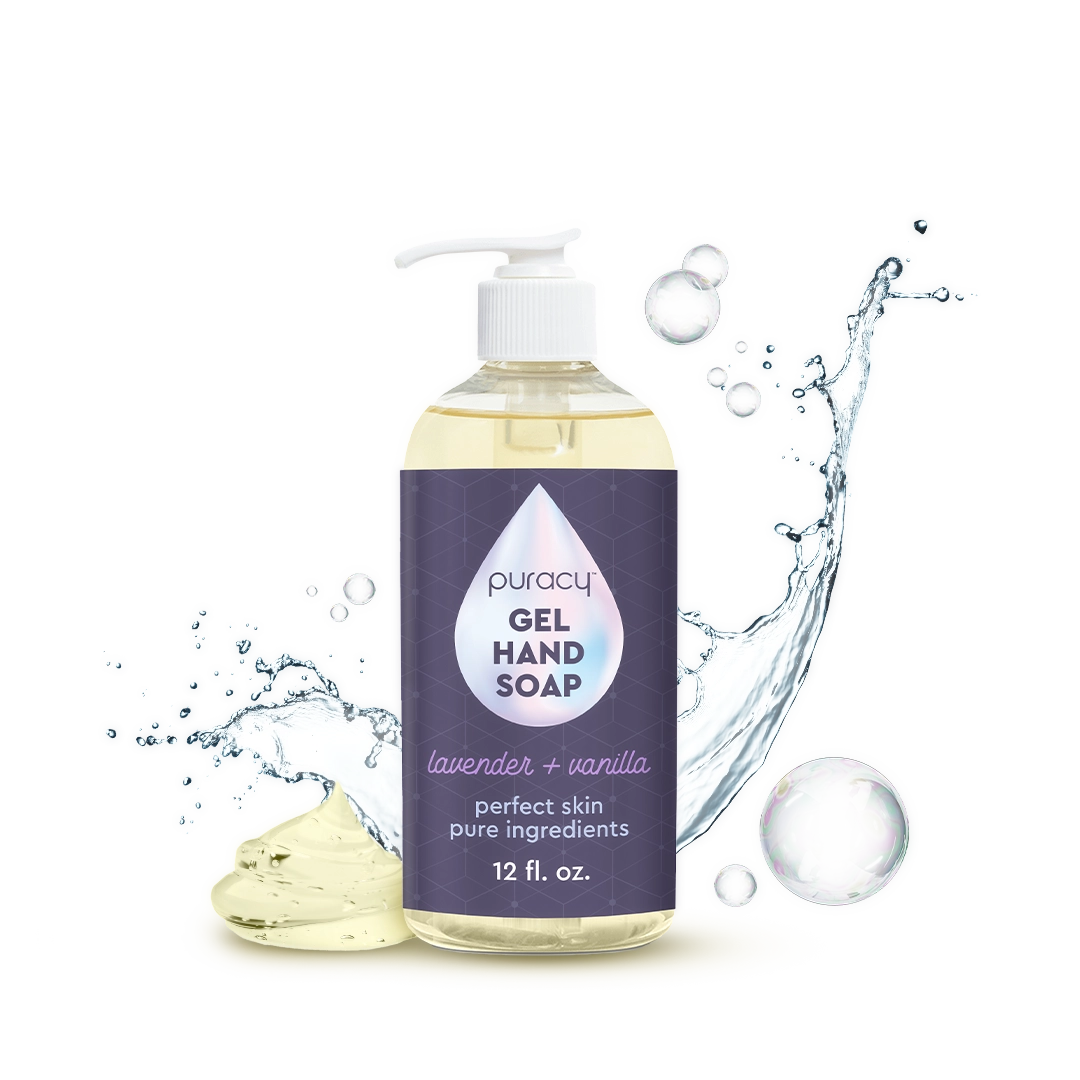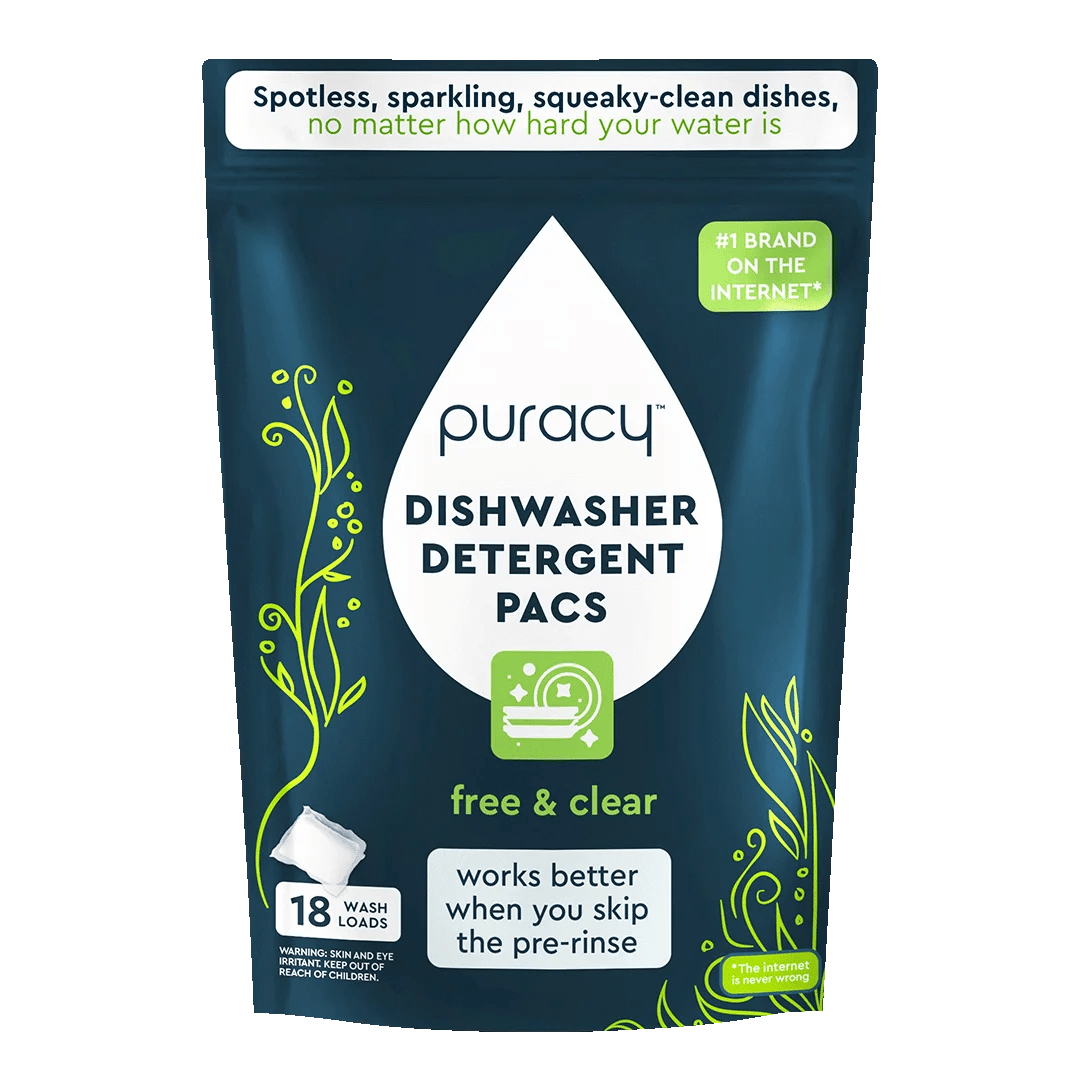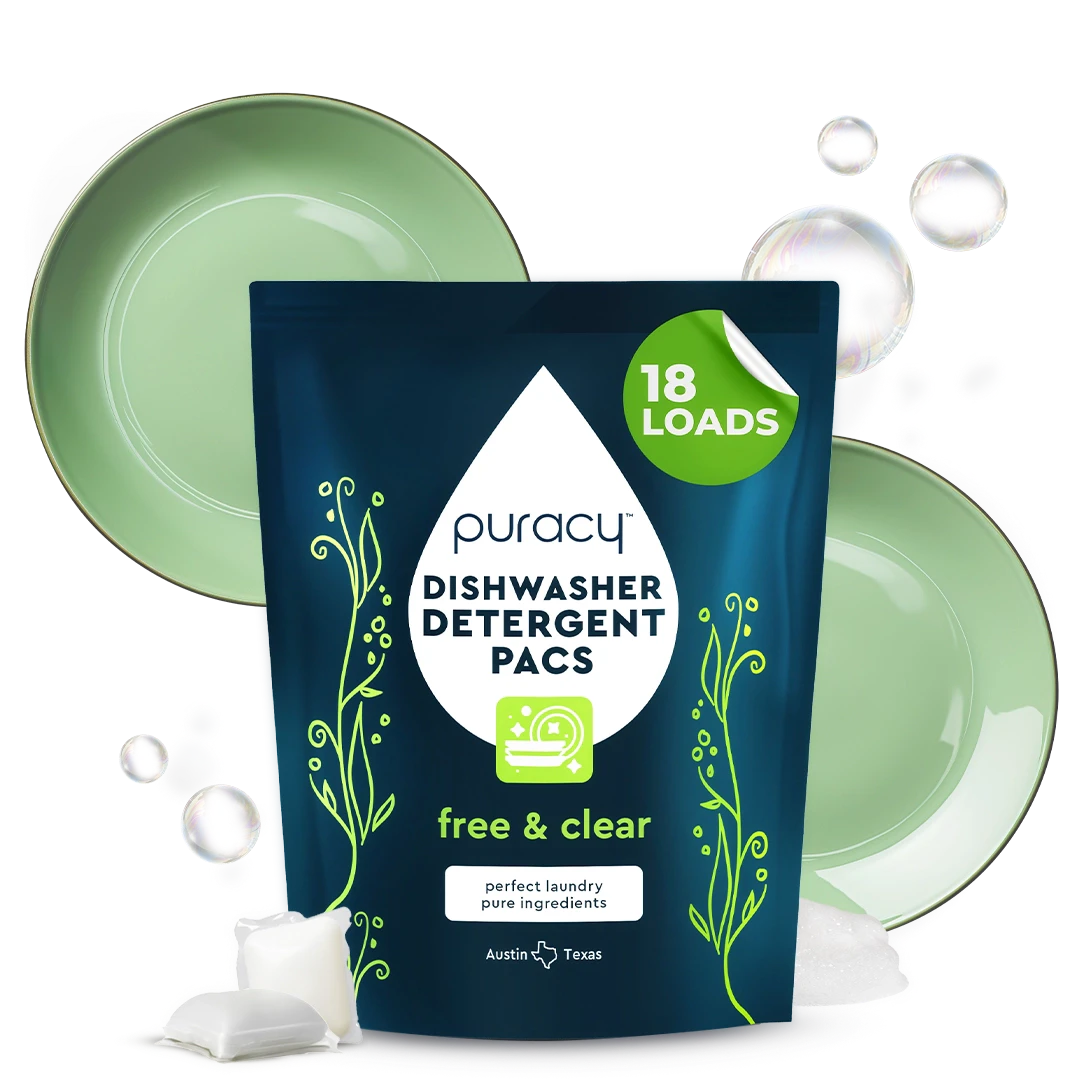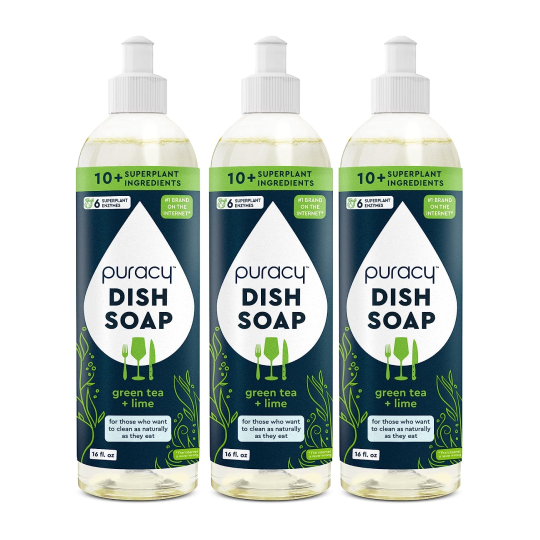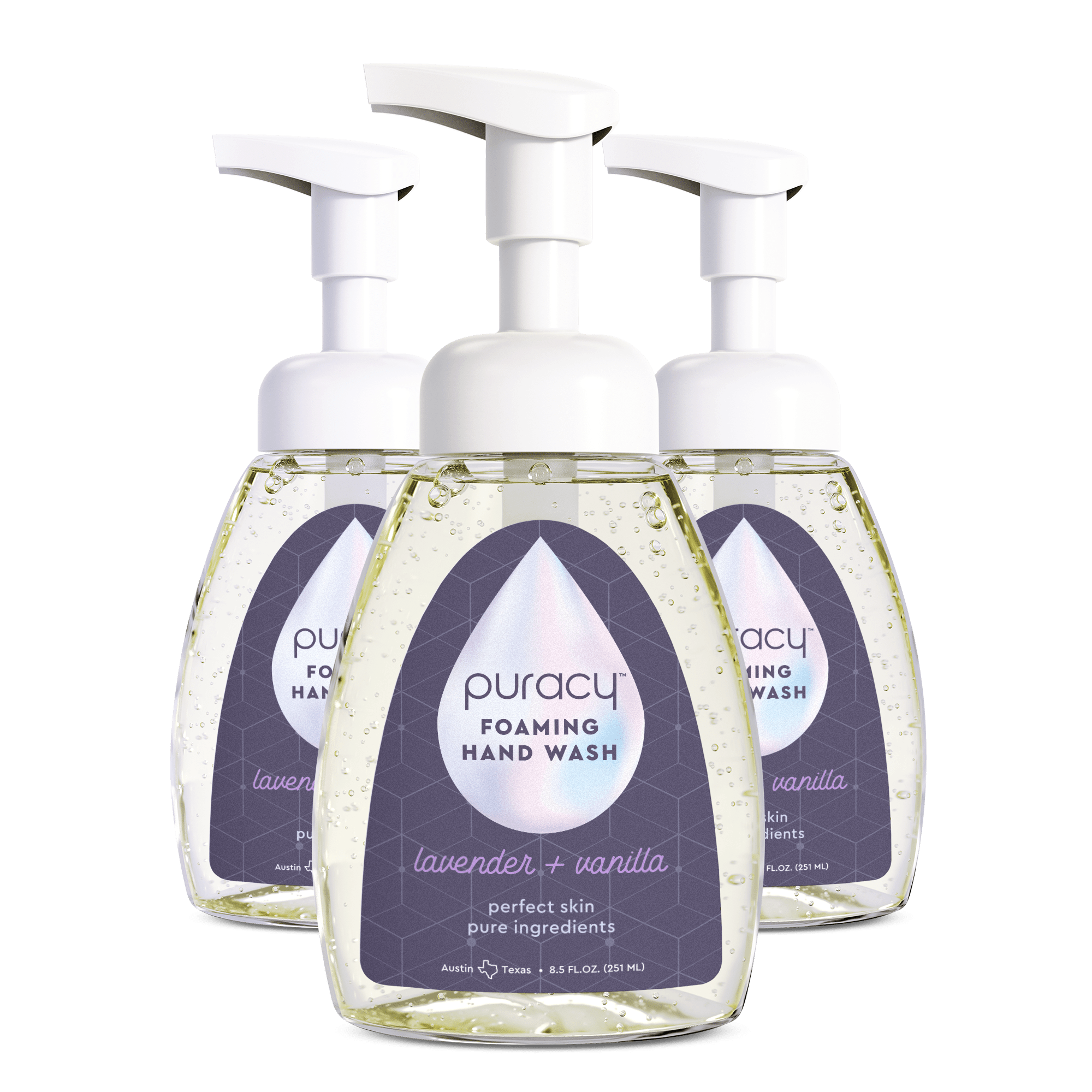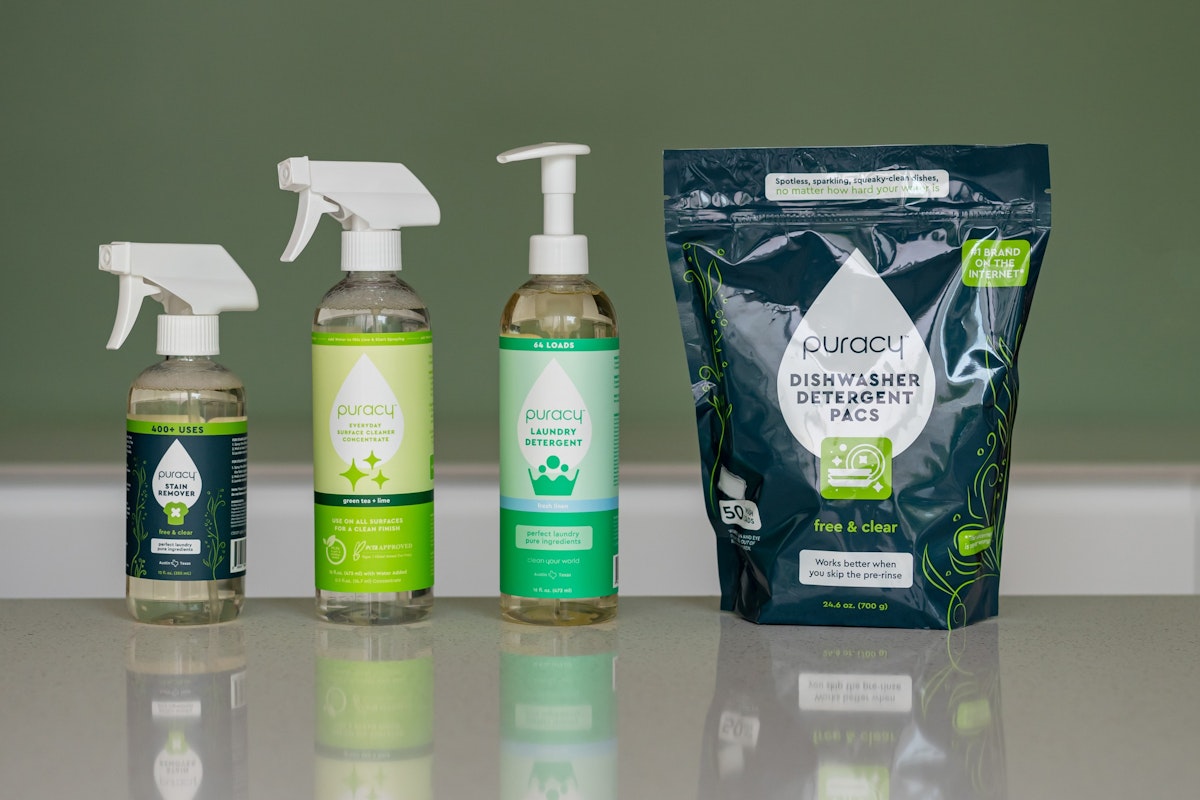
How to Live Sustainably: Simple Steps to Start at Home
Starting a sustainable lifestyle at home is a journey filled with small, impactful steps that add up to a significant difference. Whether you’re a busy parent, a health enthusiast, or someone who’s cautious yet eager to dive into eco-friendly living, there’s a path for you.
1. De-clutter and Donate

First things first: take a good look around your home. See those clothes you haven’t worn in ages? Or those gadgets collecting dust? It’s time to declutter. But don’t just toss everything in the trash. Donate usable items to local charities or recycle what you can. This not only reduces waste but also supports a circular economy. Plus, a decluttered home feels incredibly refreshing and zen.
2. Opt for Reusable Over Disposable

This might seem obvious, but it’s a game-changer. Start by swapping out single-use items for reusable alternatives. Think water bottles, shopping bags, and coffee cups. If you’ve got kids, get them involved by letting them pick out their own fun, reusable lunch containers. You’ll cut down on so much waste, and your kids will love being part of the change.
3. Embrace Eco-Friendly Cleaning Products

Next, take a peek under your sink. Many conventional cleaning products are packed with harsh chemicals that aren’t great for your health or the environment. Switch to eco-friendly cleaning products that are formulated using natural, plant-powered ingredients that are still tough on dirt and grime while also being gentle on your skin and the planet.
4. Energy Efficiency is Key

How about making your home a bit more energy-efficient? Start simple: swap out old incandescent bulbs for LED ones. They use less power and last longer. Consider investing in a smart thermostat to better control your heating and cooling systems. Not only will this reduce your carbon footprint, but it will also save you money in the long run.
5. Sustainable Food Choices

Food is a huge part of living sustainably. Try to incorporate more plant-based meals into your diet. You don’t have to go full vegan (unless you want to), but even one meat-free day a week can make a difference. Support local farmers by shopping at farmers' markets or joining a CSA (Community Supported Agriculture) program. And don’t forget about growing your own veggies—kids love watching their food grow!
6. Mindful Water Use

Water conservation is often overlooked, but it’s crucial. Simple changes like fixing leaks, taking shorter showers, and installing low-flow fixtures can significantly reduce your water usage. If you’re up for a small project, rain barrels are excellent for collecting water to use in your garden.
7. Reduce, Reuse, Recycle

You’ve heard it a million times, but let’s break it down. Reducing means cutting down on what you consume—buy less, choose quality over quantity. Reusing is all about finding new purposes for old items. And recycling? It’s your last resort after reducing and reusing. Make sure you know what can and can’t be recycled in your local area.
8. Eco-Friendly Transportation

Transportation is another biggie. If possible, walk, bike, or use public transport instead of driving. Carpooling is a great option too. If you’re in the market for a new car, consider a hybrid or electric vehicle. And don’t forget about maintaining your current car to keep it running efficiently.
9. Support Sustainable Brands

Your purchasing power is more influential than you might think. Support brands that prioritize sustainability, whether it’s through eco-friendly packaging, ethical labor practices, or carbon offset programs. Do a bit of research before you buy—it’s worth it. Plus, you’ll feel good knowing your money is supporting positive change.
10. Educate and Involve Your Family

Sustainability isn’t a solo journey. Get your family involved. Teach your kids why these changes matter. Make it fun—turn off lights together to save energy, or start a compost bin and watch how your food waste turns into rich soil. When everyone’s on board, it’s easier and more enjoyable to maintain these habits.
